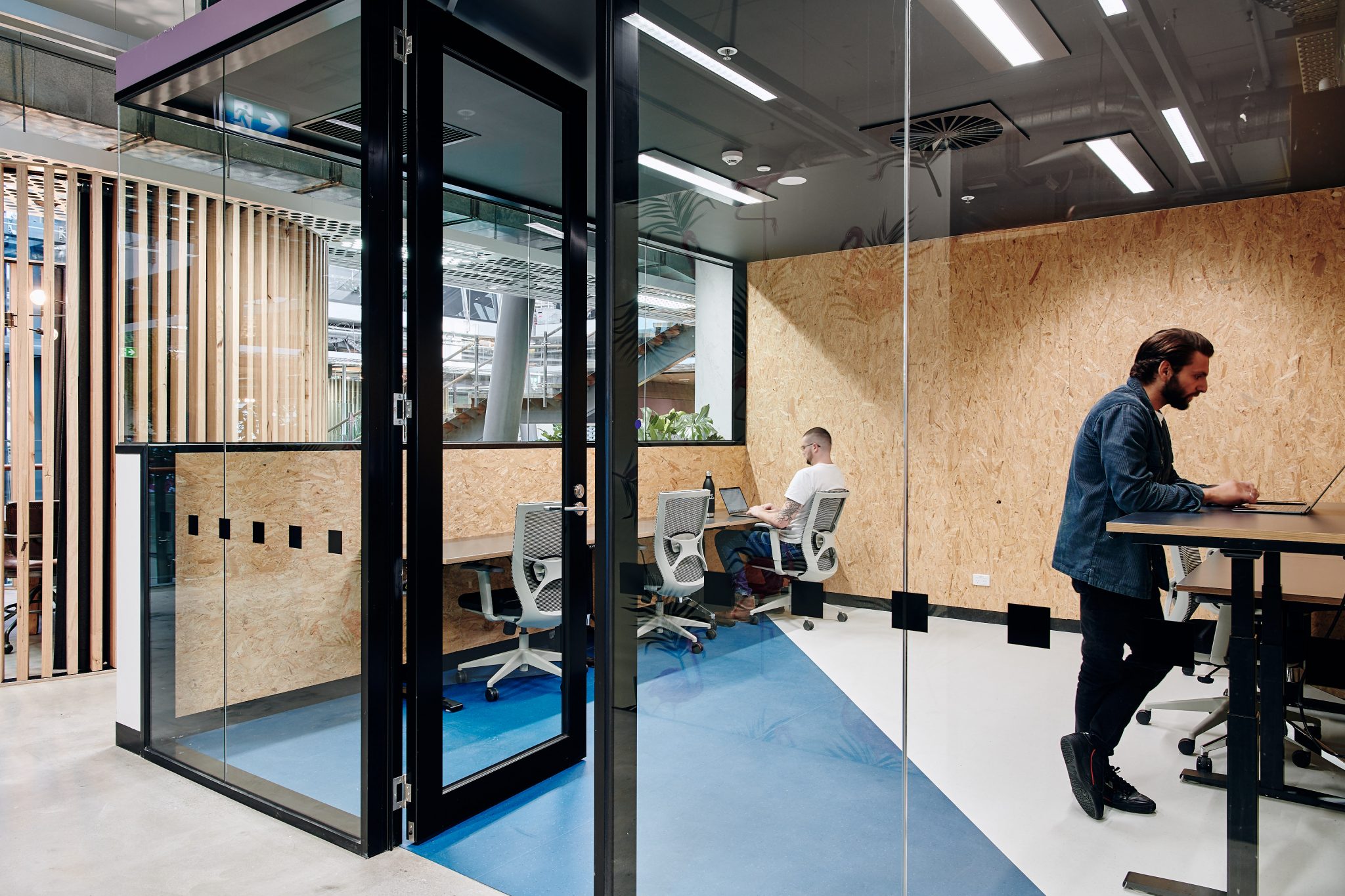Remote Working Here To Stay?
Remote work has been a great success for employers and employees alike and may be the most influential legacy of the pandemic.
Many employees are experiencing greater levels of work/life balance with the ability to juggle work and caring responsibilities as well as more time in the day thanks to the lack of rush hour traffic from bed to desk.
Employers on the other hand have seen the benefits from remote work with significant savings from absolvement of overhead costs such as office snacks, coffee, utility bills and the largest culprit, rent.
While working remotely confers many benefits and it may be the norm for quite some time post-pandemic, flexible working arrangements are at the forefront of both employers’ and employees’ minds.
Office Space Is Still Needed
Now the workforce has accepted the viability of remote work, the future of the office as we know it will become about personal choice. Whether staff feel confident about the safety and productivity of their work environment will depend entirely on personal experience. To provide their employees the freedom of choice while slimming overhead costs for unoccupied desks, employers are repurposing surplus space for coworking and flex office hubs.
The shift we’re seeing in organisations opting for coworking spaces and shared office arrangements provide immense benefits for both the employees and business itself. Flexible office provides an environment, ergonomics and infrastructure that can’t be rivalled by the kitchen table in the family home. Teams can move into or utilise on an ad-hoc basis a furnished, plug-and-play environment that’s connected and ready to go. With the perks of an in-person community encouraging connection and collaboration which is a natural asset of a shared workspace.
Additionally, with companies of all sizes in need of a flexible budget and the freedom to react to positive and negative economic demands, flexible workspaces provide the means to maintain financial freedom and the ability to manage fluctuations.
Many businesses are in the process of minimising non-essentials, one being the traditional office space. A flexible space solution allows businesses to focus on core business operations, optimise capital expenses and overall reduce financial risk while providing the option for employees to choose how they work. A flexible office solution may be the best, and the most responsible way to proactively enter the new normal.




